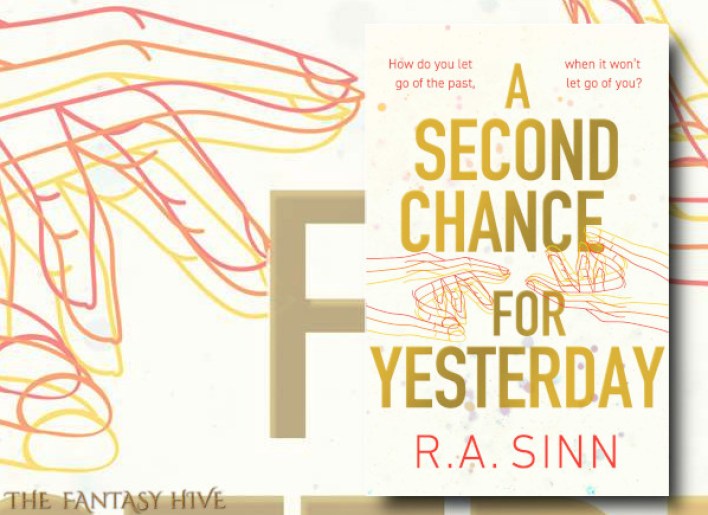- Joined
- Mar 27, 2020
- Messages
- 946

A second chance for yesterday – Sinn (2023)
The core concept is rather fun. A company has invented a device that can “rewind” (via time travel) the last few seconds of your life and is selling it as an online service. Ground Hog …
 theblackdeepblog.wordpress.com
theblackdeepblog.wordpress.com
The core concept is rather fun. A company has invented a device that can “rewind” (via time travel) the last few seconds of your life and is selling it as an online service. Ground Hog day as a Service as it were. In this respect this book is very much stuck in a San Fransisco Bay Area vibe: the main character works as a software engineer, they are surrounded by homeless people (the very trendy word “climate change” is thrown in), their life seems desperately boring, and what should be the most amazing physics discovery since relativity is sold to everyone via subscription model. It is a promising setup, but I DNFd it at the 8% mark.
The key concept has some complications which were not addressed (perhaps they are later on). The rewind sounds like it is asynchronous: so every one is rewinding the whole world whenever they want to. Wouldn’t this mean we are forever stuck at a particular moment? Or at least that time advances extremely slowly? Because someone somewhere is always pressing rewind? This is a fun concept to play with, but I didn’t get the vibe that the author was going to do that and that dampened my interest somewhat.
By the 8% mark there are some nice hints that things are going askew. There is a fired employee who leaves giving dark hints. Then the main character has disconnects with her memory of events. She’s told some homeless crazy person to tell herself something she doesn’t remember. These are hints that the time-travel aspect of the story is warming up. My problem with this and many other time travel stories is why the main character remembers the original timeline when everyone else is oblivious. Something with the charm and wit of “Back to the future” can pull this off, but that is rare.
In any case, I can see where we are going: some kind of mix between memento and ground hog day with probably a strong romance component. But I still lost interest and I DNFd.
I meditated on why I DNFd the book though the writing was good and the plot potentially interesting. I concluded that I found the main character so uninteresting that I couldn’t invest myself in their fate. Perhaps this all changes as we go along and I should have persisted.
There was no explicit sex as far as I read, but there were frequent references to sex and there is one mention of the main character going to work without wearing any underwear. There is also repeated objectification of at least one male character. These neither added nor detracted from the story for me, but I mention them because they might be plusses or minuses for other readers. It also suggested to me there would be a strong romance angle down the line, and I’m not particularly motivated by that in an SF story.
I am giving it four out of five because of the quality of the writing of the first 8% but I can’t tell you how well it all turns out and if the author can bring things home.
As an aside, the author’s name is R A Sinn, which may or may not be a clever punny pseudonym.
Thanks to NetGalley for the ARC
Personal notes: quibbles, notes on style and structure. Some spoilers.
This is all based on the first 8% of the book. There is always the chance that things fundamentally change after that.Affinity for main character
My biggest takeaway from this book was that it’s risky to start out with a boring/banal character. In principle the author might have been laying the ground for extensive character development. The idea could have been: here’s a typical self-involved tech person, only interested in writing code and who has very mundane thoughts: see how they grow. I think this backfired in this case (for me at least).I would have approached this by showing how the character has some deep desire inside, perhaps to fix climate change, or poverty or something, but their desire for security squelches this. That, I think, would be a very relatable conflict: we all desire to move the world, but often have to settle for far less. That might be a good foreshadowing for the rest of the book (Again, I’m guessing the character goes on to do amazing things. I don’t actually know)

